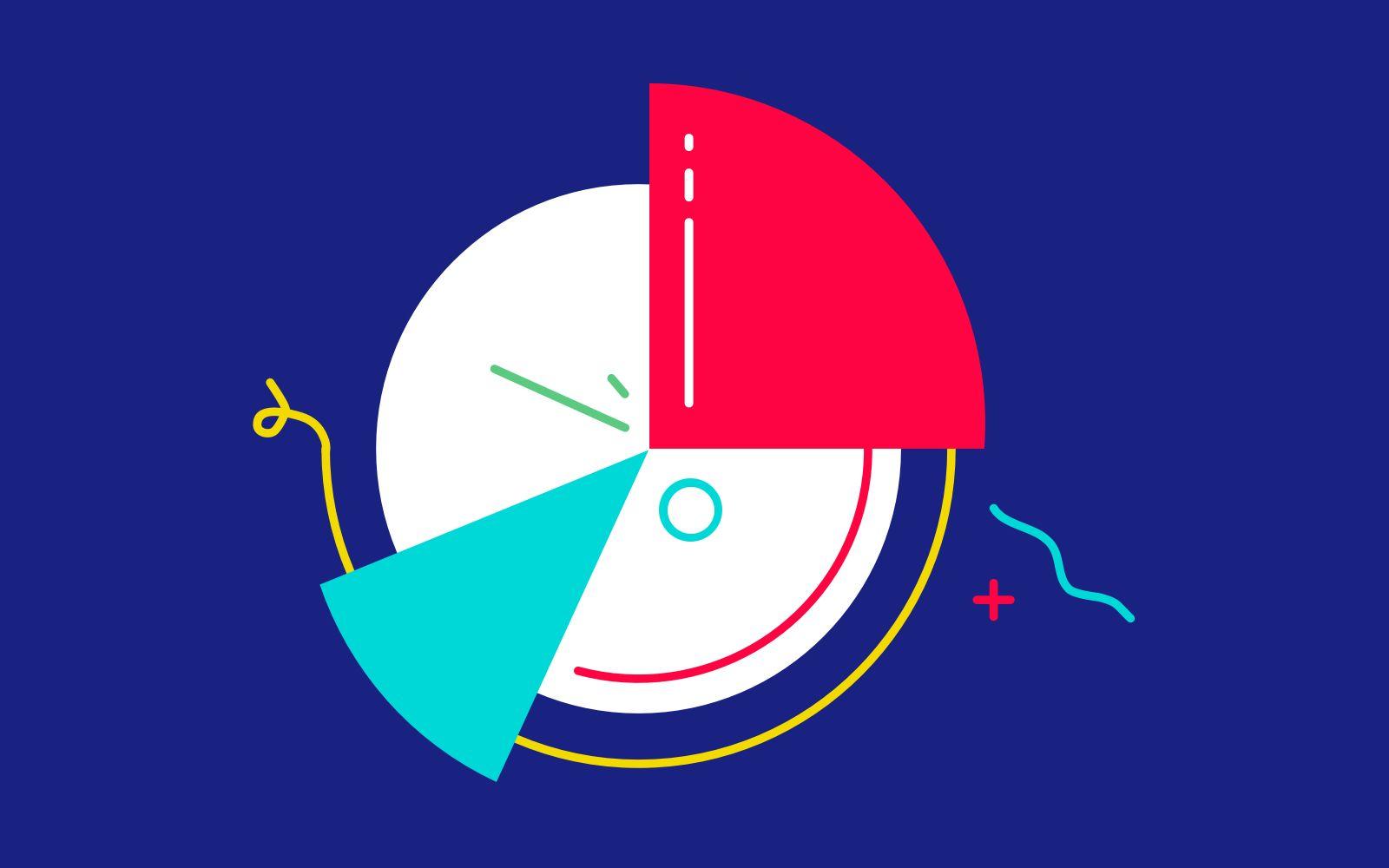All articles
The science behind anticipation: Why pre-paying for experiences increases enjoyment

Photo: Hannah Busing
Spending money sounds like a bad thing, but it doesn’t have to be. Take experiences, for example. Experiential purchases, such as vacations or Broadway tickets, increase our overall happiness because they’re experiences. And pre-paying for these purchases can actually increase our enjoyment of them.
Take me - I was more excited to go to the zoo than my three-year-old was.
To be fair, he didn’t know my husband and I had planned to take him during the holiday season. But we planned for this trip weeks in advance -- from my husband requesting time off, to letting my editors know I wasn’t available that day, all the way to waiting for a coupon code so we didn’t need to buy a child ticket. Sure, we could have gone on a weekend, but we wanted to avoid the busy crowds.
For almost a whole month after we bought the tickets, I was so excited I almost ruined the surprise. And when the trip finally happened, the smile never left my face for the whole day.
Experiences and Anticipation Can Do Wonders For Your Happiness
It’s pretty common for people to head to the zoo with their families, so why was my experience so special? For one, I paid for it in advance, saving me financial stress the day we went. And I turned the experience into an event we could enjoy together. As in, my husband and I could have bought a bunch of gifts for my son, but our goal was to spend more time as a family.
Studies, such as the ones conducted by Tom Gilovich, Amit Kumar and Lily Jampol, show experiential purchases make us happier as a whole. At its core, experiences are more social and help us get more satisfaction than material things do. Experiential purchases help us to relate better to one another.
Think about buying things, which may be motivated by the whole “keeping up with the joneses” idea. When you purchase an item, you may see if your friends have the same thing, or become jealous when someone buys a newer model of what you have. With experiences, there is less chance of that happening because our experiences are unique to us. And you get to share how happy you are, creating a bonding experience.
Research also shows making an experiential purchase before the actual experience can increase your enjoyment because you’re anticipating it. A study published in Psychological Science found those who thought about their future experiential purchases were more excited compared to individuals who were waiting to receive a material good.
All this could explain why I was so giddy leading up to the trip -- I thought about those zoo tickets for weeks before actually going.
How to Leverage Anticipation in Your Spending
Finding ways to delay your gratification is the key to increased happiness. The more time you have between making the purchase and consuming it -- such as my month-long wait to go to the zoo -- the better. The idea is you get that extra time to visualize the actual experience itself, increasing the anticipation, especially if you tell other people about what you’re going to do.
Here are a few examples to get those juices flowing:
- Book a vacation way in advance -- do some preliminary research on what you’ll do once you get there. Bonus points if you use tracking programs like Google Flights to see how much you saved on that flight by booking ahead of time (imagine being able to brag about how much you didn’t have to pay).
- Set a goal on Qapital so you can anticipate when you’ll reach it. This is perfect for anything from a trip, to a concert, to a spa session!
- Look up recipes online and schedule to have your groceries delivered, so you can surprise your family with a home cooked meal. You can substitute this with meal delivery kits instead, where you may be able to order them weeks in advance.
- Find out when there are free events in your area and make a plan to go. Bonus points if the free event would have been one you would have had to pay for otherwise, such as Museum Day.
- Find discounted spa packages on Groupon and book an appointment a few weeks in advance.
With all of these examples, it can be useful to set up reminders so as time passes, your anticipation grows stronger with each reminder. For example, you can set up daily reminders on your phone as notifications throughout the week. Qapital will also send you notifications as you reach milestones, such as 10%, 25%, and 50% of your goal. Services such as grocery deliveries and Groupon have reminder emails. But you can take it one step further by setting physical reminders like Post-it Notes all over your house.
It may still seem a little strange that anticipating a purchase makes us happier, but science usually doesn’t steer us wrong. Rather than fight it, take up the challenge as an experiment and see how it can change the way you view purchases in the future.
Qapital's Money Missions shows you how to add anticipation in your life to get more meaning out of your spending. Download the app and check it out!
Share

